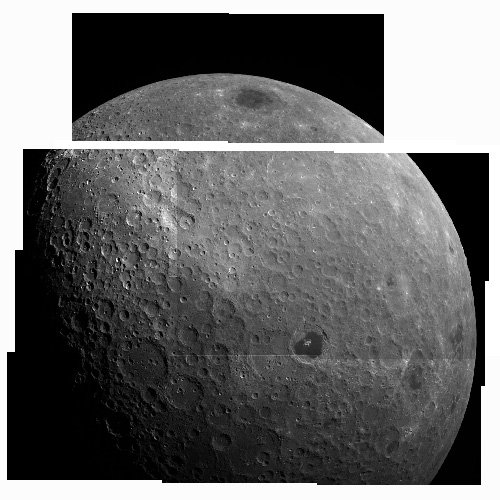|
|
| (6 intermediate revisions by the same user not shown) |
| Line 1: |
Line 1: |
| | __NOTOC__ | | __NOTOC__ |
| | =Having Trouble with Mosaics?= | | =Having Trouble with Mosaics?= |
| | + | <!-- Start of content --> |
| | + | <div class="post" id="post-652"> |
| | | | |
| − |
| + | <div class="storycontent"> |
| − | <div class="post" id="post-652">
| + | <p>[[File:Mosswb2.jpg|mosswb2.jpg]]<br /> |
| − |
| |
| − | <div class="storycontent">
| |
| − | <p>[[File:Mosswb2.jpg|mosswb2.jpg]]<br />
| |
| | <em>image by[http://www.stp.isas.jaxa.jp/nozomi/MIC/MIC_e.html MIC onboard NOZOMI / ISAS]</em></p> | | <em>image by[http://www.stp.isas.jaxa.jp/nozomi/MIC/MIC_e.html MIC onboard NOZOMI / ISAS]</em></p> |
| | <p>Making a mosaic is difficult and not even professionals with multi-million dollar spacecraft always get it right. [http://nssdc.gsfc.nasa.gov/nmc/tmp/1998-041A.html Nozomi] was an ill-fated Japanese probe launched toward Mars in 1998 but it suffered mechanical problems and solar flare damage before being abandoned into a rough two year orbit around the Sun. Nozomi made two flybys past the Moon for gravitational assists to escape Earth’s neighborhood, acquiring a handful of images of the lunar near and far sides. All the images seem not quite in focus, perhaps because the short focal length lens produced small images that need too much enlargement. Also, it appears that the compression (either on board the spacecraft or on ground) was too intense, resulting in artifacts. Nonetheless, a few of these images provide synoptic views of part of the farside that are useful for mapping. </p> | | <p>Making a mosaic is difficult and not even professionals with multi-million dollar spacecraft always get it right. [http://nssdc.gsfc.nasa.gov/nmc/tmp/1998-041A.html Nozomi] was an ill-fated Japanese probe launched toward Mars in 1998 but it suffered mechanical problems and solar flare damage before being abandoned into a rough two year orbit around the Sun. Nozomi made two flybys past the Moon for gravitational assists to escape Earth’s neighborhood, acquiring a handful of images of the lunar near and far sides. All the images seem not quite in focus, perhaps because the short focal length lens produced small images that need too much enlargement. Also, it appears that the compression (either on board the spacecraft or on ground) was too intense, resulting in artifacts. Nonetheless, a few of these images provide synoptic views of part of the farside that are useful for mapping. </p> |
| Line 12: |
Line 11: |
| | <p><strong>Technical Details:</strong><br /> | | <p><strong>Technical Details:</strong><br /> |
| | December 18, 1998. 21.4 mm aperture f/1.6 telescope + 2560 pixel ccd camera.</p> | | December 18, 1998. 21.4 mm aperture f/1.6 telescope + 2560 pixel ccd camera.</p> |
| − | <p align="center"><em>You can support LPOD when you buy ANY book from Amazon thru </em><em>[http://www.lpod.org/?page_id=102 LPOD!]</em></p> | + | <p><b>Yesterday's LPOD:</b> [[October 18, 2006|More Steep Places - This Time on a Limb]] </p> |
| − | </div>
| + | <p><b>Tomorrow's LPOD:</b> [[October 20, 2006|A Gash and a River]] </p> |
| − |
| + | <!-- Removed reference to store page 2 --> |
| − | | + | </div> |
| − | ---- | + | <!-- End of content --> |
| − | ===COMMENTS?===
| + | {{wiki/ArticleFooter}} |
| − | Click on this icon [[image:PostIcon.jpg]] at the upper right to post a comment.
| |




